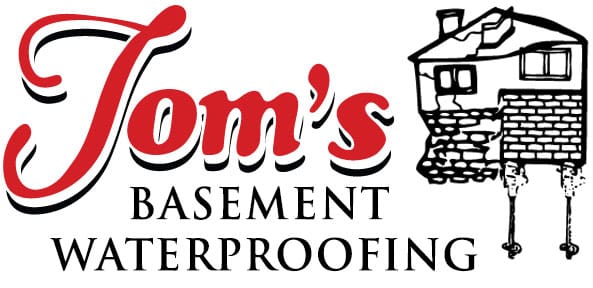 You may think that a Michigan basement is just some weird title for anyone who lives in the mitten state and has a basement, but it is actually referring to something else. Believe it or not, Michigan basements are common elsewhere across the country, but just more commonly found here. Michigan basements refer to a smaller crawlspace area, which at some point, was lengthened to become the height of a basement. Many people in the early 1920’s turned their dark and small crawlspaces into Michigan basements, as building permits and credit was easier to obtain. Likewise, the accumulation of prized possessions, food, and other household items, was starting to build in Michigan.
You may think that a Michigan basement is just some weird title for anyone who lives in the mitten state and has a basement, but it is actually referring to something else. Believe it or not, Michigan basements are common elsewhere across the country, but just more commonly found here. Michigan basements refer to a smaller crawlspace area, which at some point, was lengthened to become the height of a basement. Many people in the early 1920’s turned their dark and small crawlspaces into Michigan basements, as building permits and credit was easier to obtain. Likewise, the accumulation of prized possessions, food, and other household items, was starting to build in Michigan.
Most Michigan basements are still not quite big enough for people to fit in comfortably, as many will have to duck their heads to get inside this space. While shallower than the average basement, Michigan basements are also typically not properly sealed on the bottom, with either packed dirt or mud slabs holding the foundation together. Bricks were incorporated into these spaces as the years went on, to make them more stable.
While the sides of a Michigan basement are typically finished properly, they were not meant to withstand extensive water, soil, or foundational issues. Many Michigan basements also contain a small shelf, which was not usually big enough to store much, but typically was constructed with cement, or brick, making it more stable.
The crawlspaces that were transformed into Michigan basements were mostly just expansions on the original area. They typically moved out and around the area, as to not disturb the original foundational setting. When renovated correctly, this usually allowed for some relief on the foundation from soil pressure and incoming water.
While nostalgic and vintage, and often admired by those looking for historical homes, these Michigan basements come with a multitude of issues. In recent years, Tom’s Basement Waterproofing has seen more of these Michigan basements start to fail, and cause homeowners more hassles. For example, the most apparent problem with these Michigan basements is the collapse of the foundational sides. Likewise, excessive soil or water pressure can cause the soil to become too packed or soft, and ultimately pushing through the concrete, brick, or cement in the Michigan basement.
So before you jump into a new project in your basement, make sure to address any future issues with your Michigan basement. The professionals at Tom’s Basement Waterproofing have seen it all, and can fix any problems, no matter how small the space! Call us today for more information on Michigan basements! (586) 776-7270
